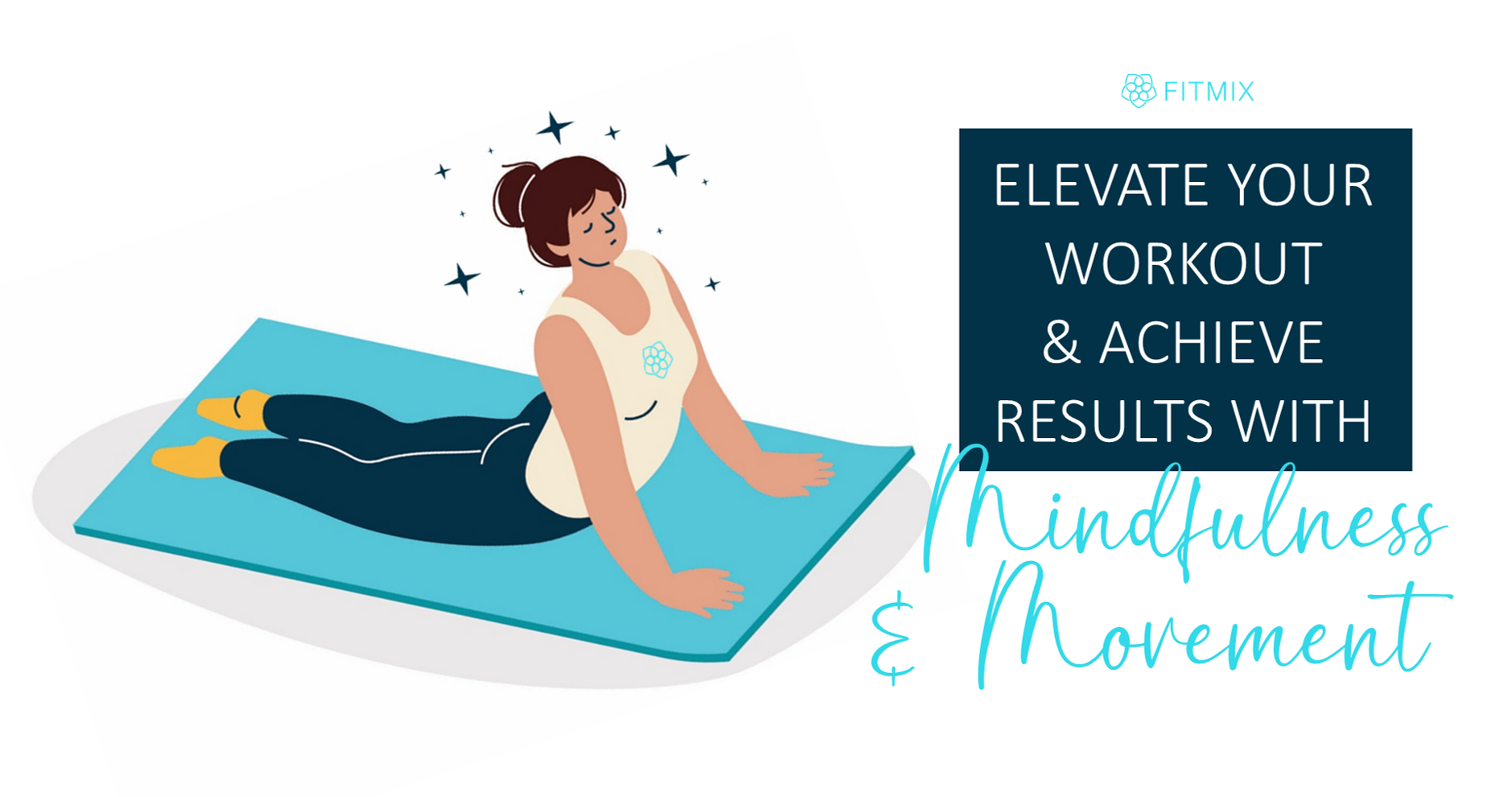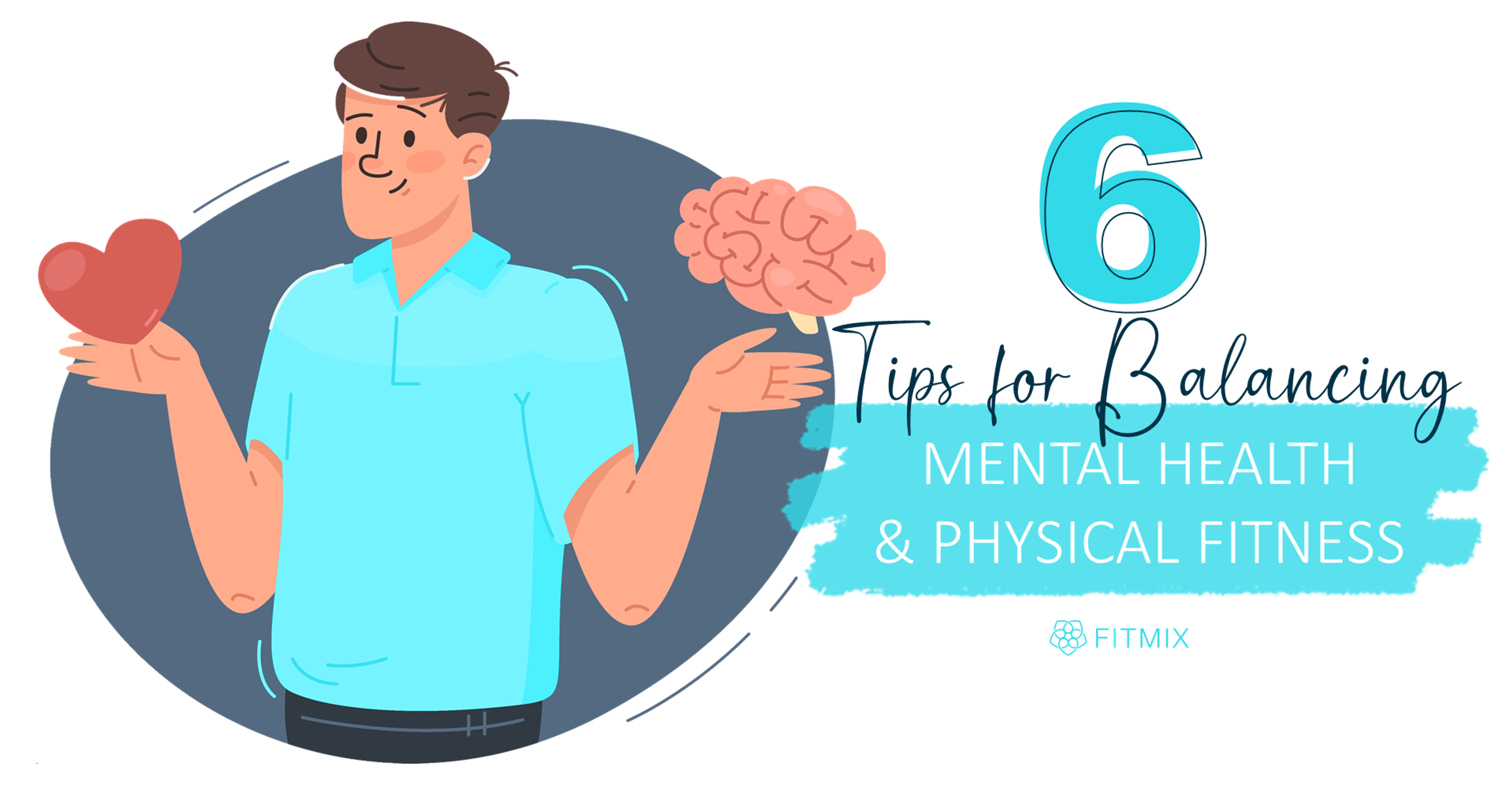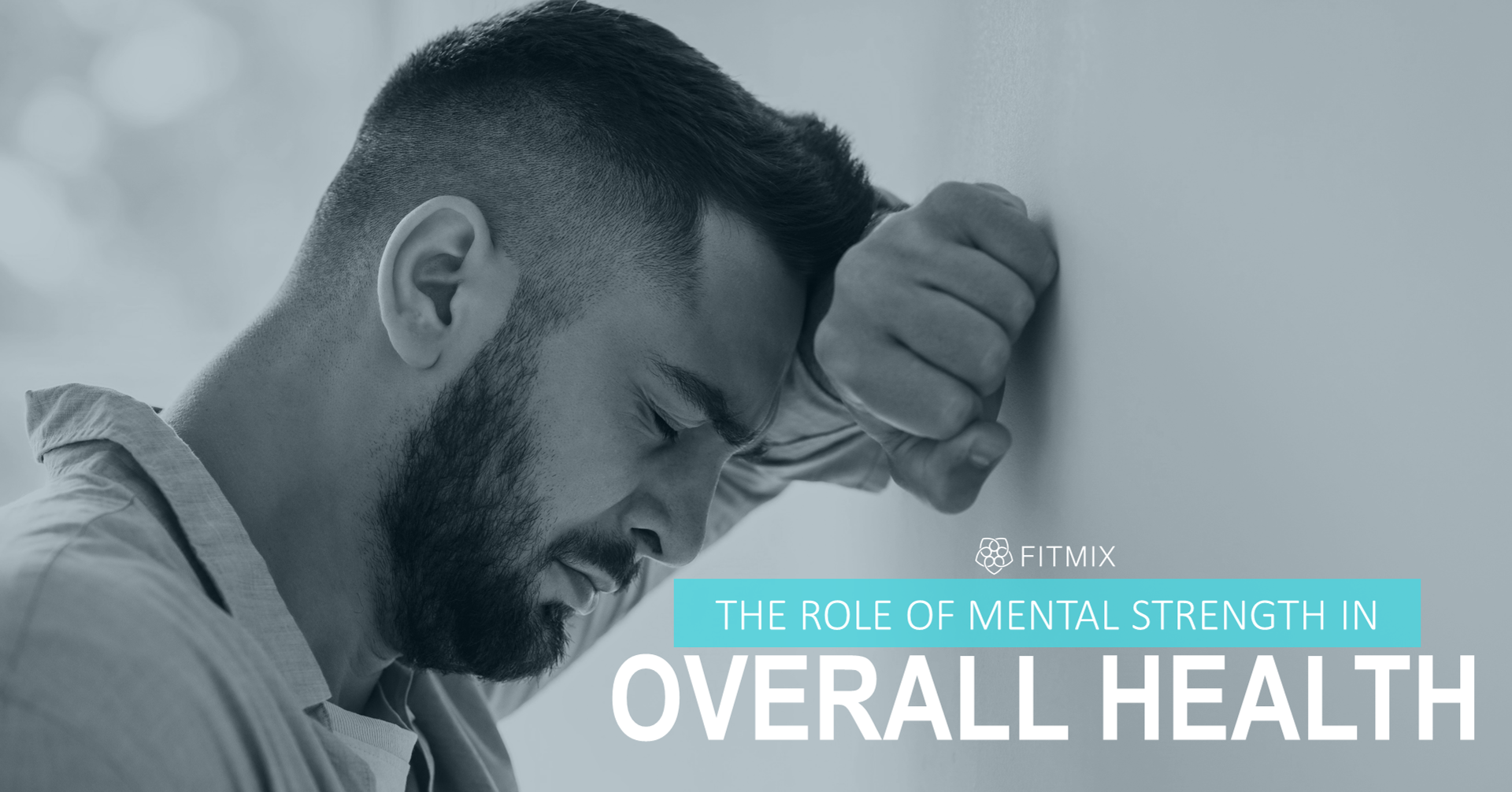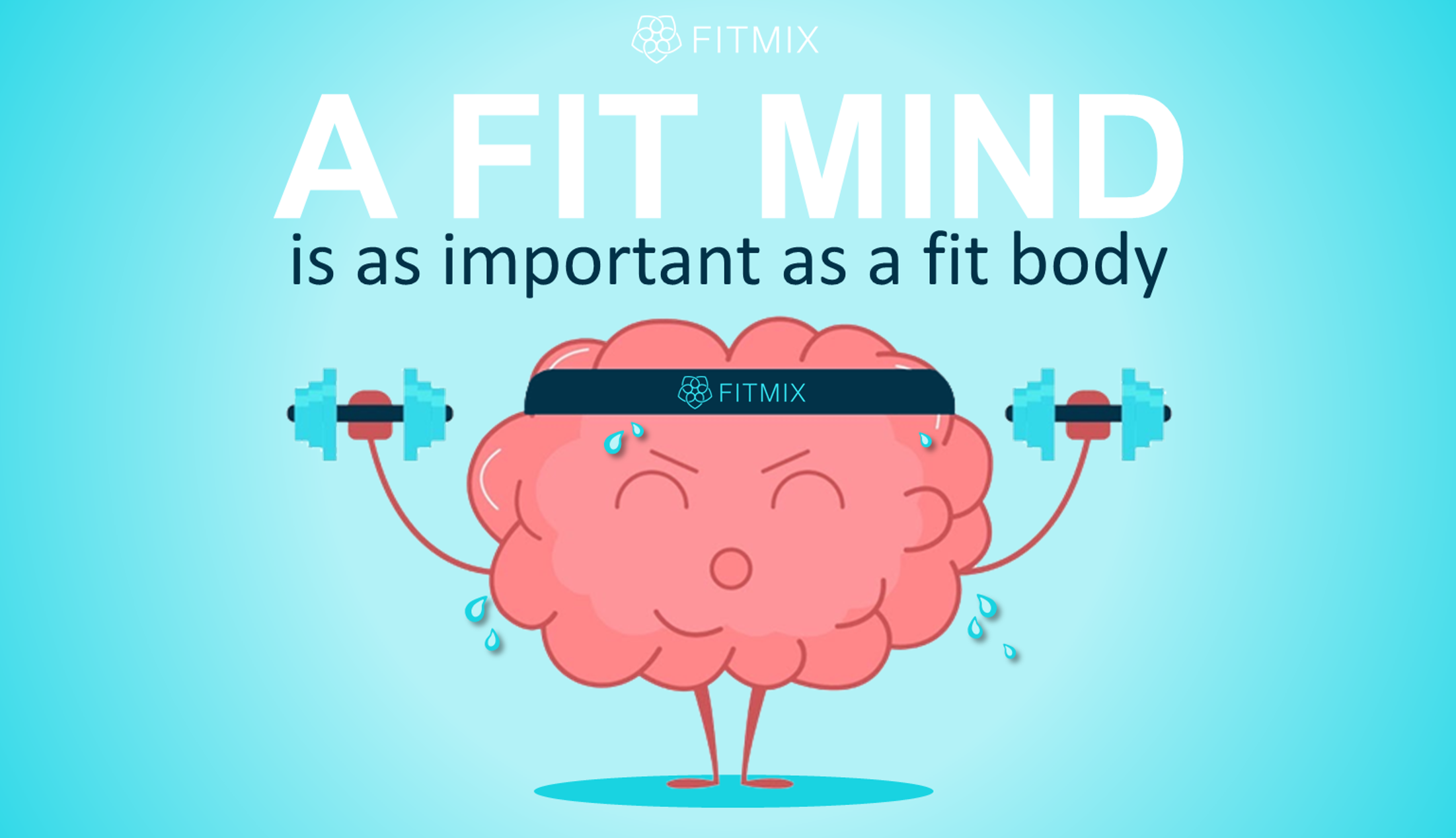How Mental Health Affects Physical Fitness
 November 2, 2024
November 2, 2024
 0
0
 0
0
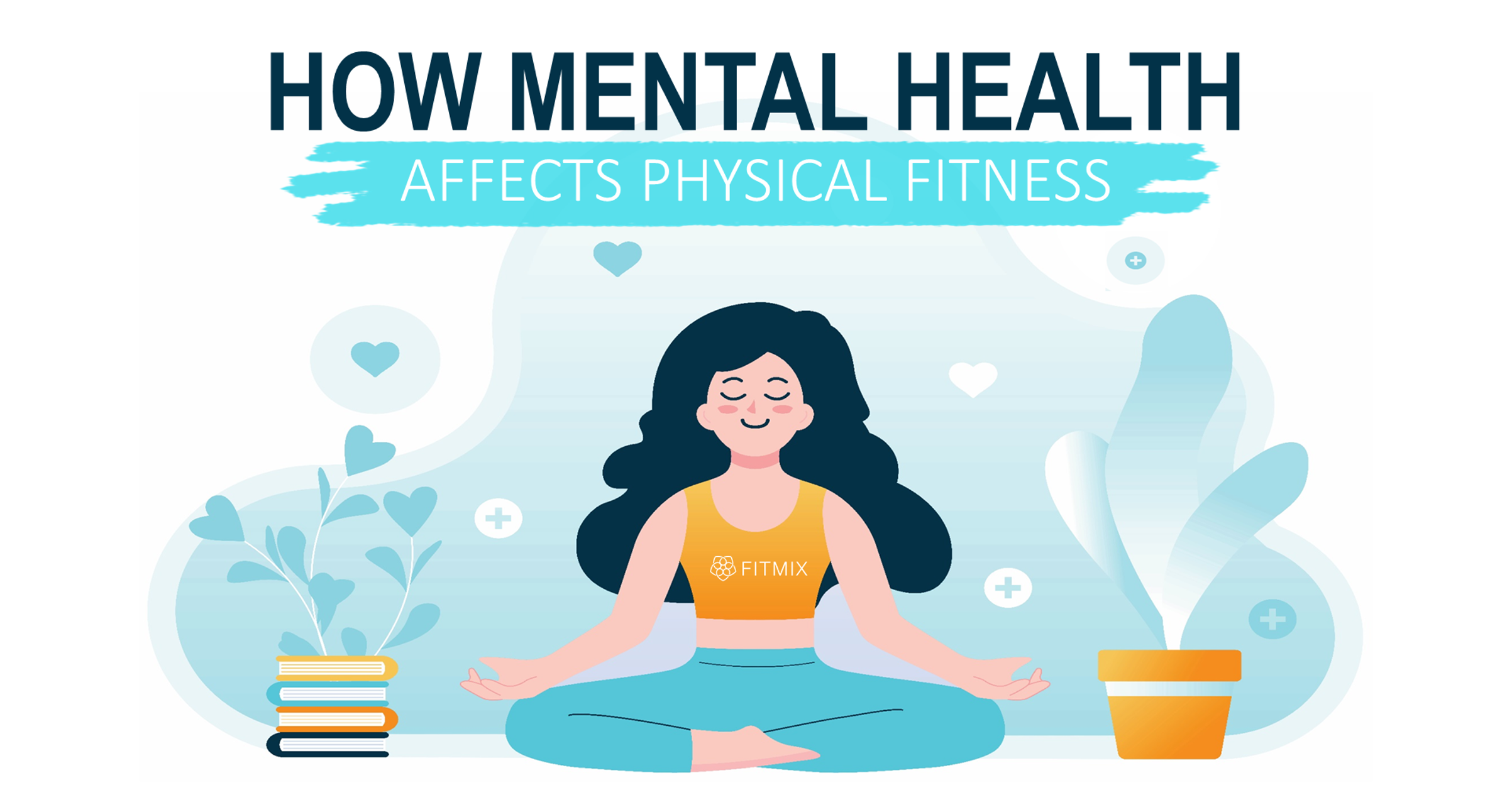
Mental health and physical fitness are closely interconnected, and each can significantly impact the other. Taking care of your mental well-being is essential for achieving and maintaining physical fitness. Here are some insights into the role of mental health in physical fitness and tips for balancing both.
How Mental Health Affects Physical Fitness
- Motivation and Consistency
Mental health plays a crucial role in your motivation to exercise. When you're feeling mentally well, you're more likely to stay motivated and consistent with your fitness routine. Conversely, poor mental health can lead to decreased motivation and irregular exercise habits. - Stress and Anxiety
High levels of stress and anxiety can negatively affect your physical health. Chronic stress can lead to muscle tension, fatigue, and increased risk of injury. Managing stress through physical activity and relaxation techniques is vital for overall well-being. - Sleep Quality
Mental health impacts your sleep quality, which in turn affects your physical fitness. Poor mental health can lead to sleep disturbances, making it harder to recover from workouts and maintain energy levels. Prioritizing mental well-being can improve sleep quality and enhance your physical performance. - Emotional Eating
Mental health issues can lead to emotional eating, where food is used as a coping mechanism for stress, anxiety, or depression. This can result in unhealthy eating habits and weight gain, impacting your physical fitness goals.
How Physical Fitness Improves Mental Health
- Releases Endorphins
Exercise stimulates the release of endorphins, which are natural mood lifters. These chemicals can reduce feelings of stress and anxiety, improve mood, and promote a sense of well-being. - Reduces Stress
Physical activity helps reduce levels of the body's stress hormones, such as cortisol. Engaging in regular exercise can alleviate stress and improve mental clarity and relaxation. - Enhances Sleep
Regular physical activity can improve sleep quality and duration. Better sleep contributes to improved mental health, making it easier to manage stress and stay motivated. - Boosts Self-Esteem
Achieving fitness goals and maintaining a regular exercise routine can boost self-esteem and confidence. The sense of accomplishment from physical fitness can positively impact mental health. - Provides Social Interaction
Group fitness classes, sports, and recreational activities provide opportunities for social interaction. Building connections with others can reduce feelings of loneliness and enhance mental well-being
Subscribe to My Newsletter
Fill your email below to subscribe to my newsletter
Comments (00)
Be the first to comment!
Leave a Reply
Your email address will not be published. Required fields are marked *


